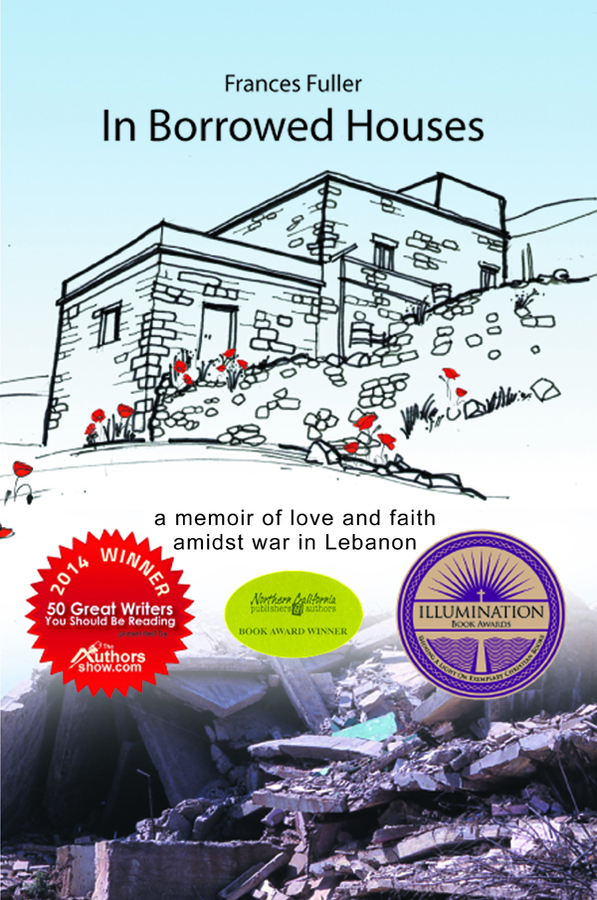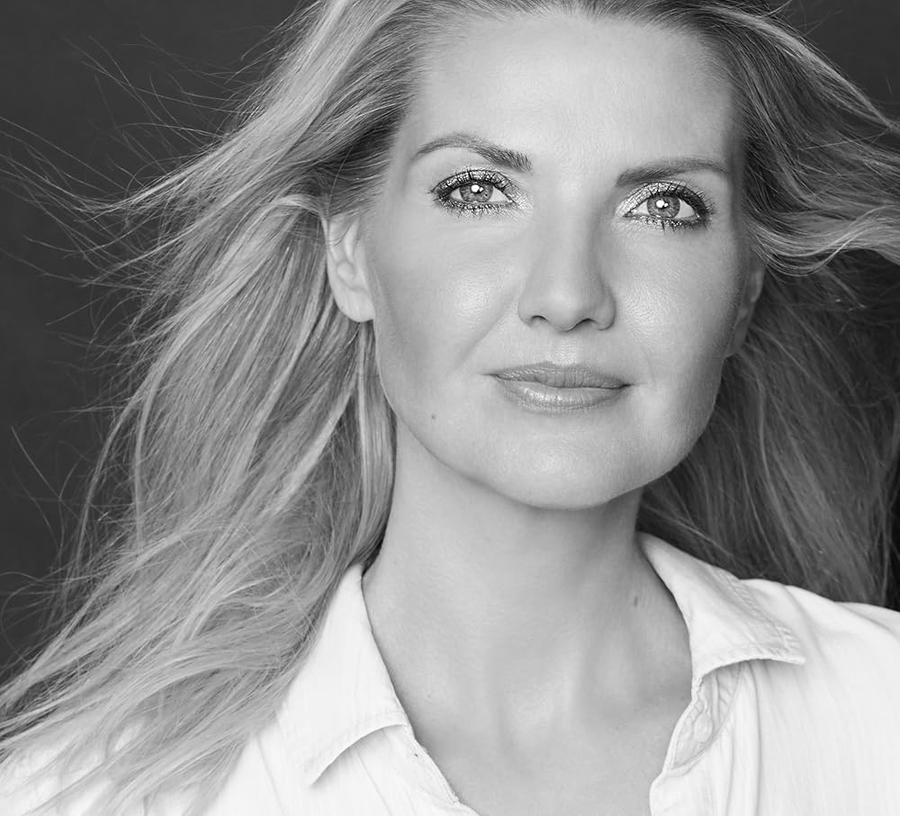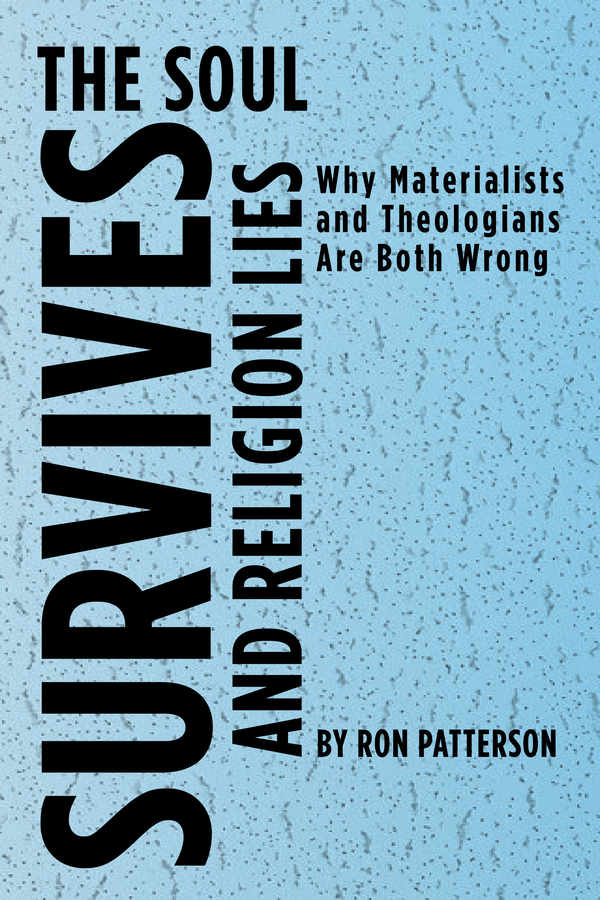Best-selling author Frances Fuller lived and worked in the Middle East for 30 years. She offers an insider’s view of the situation there and provides some surprising insights that traditional media does not cover.
WILMINGTON, NC, April 11, 2024 /24-7PressRelease/ — The Middle East grabs headline after headline today, across all forms of American media. While we might believe we get the whole story here in the US, we do not. Bestselling author Frances Fuller lived and worked in Jordan and Lebanon for 30 years. She recently posted an article titled “Things You Might Not Know” on her website at https://FrancesFullerAuthor.com. The article offers some real surprises that sidestep the propaganda, media hype and hearsay. In that article she wrote in part:
Lately I have been asked by several different groups to talk about what is happening in the Middle East. Their reason has been that they don’t understand; they feel ignorant. So when I talk I emphasize the things I suspect they don’t know.
Some of you may not know that I lived and worked in the Middle East for 30 years, in Jordan and in Lebanon. In both places I knew a lot of Palestinians, most living in refugee camps, all having been driven from their homes by the state of Israel (or born in the refugee camp.)
You may not know that I am 94 years old with a long memory. I remember that, before Israel existed, the European Zionists (who had been severely persecuted and obviously needed a place to go) were very good at propaganda. They called Palestine “A land without a people for a people without a land.” This was a lie.
The average American is surprised to know, and I am sad to say, that the first terrorists in the modern M.E. were Zionists. One of these groups, the Irgun, blew up Jerusalem’s King David Hotel in July, 1946, destroying the headquarters of the British Mandate and killing more than 90 people. A year later gangs such as the Irgun and the Hagana destroyed the village of Deir Yassin, killed the inhabitants and ordered other villagers to leave or else. In this way hundreds of thousands of Palestinians became refugees
Here is another thing that most Americans don’t seem to know: Within the West Bank, which has been designated for the Palestinians under international agreements, there are 132 Jewish “settlements” officially recognized by Israel, plus 121 unofficial communities called “outposts.” (The “settlements” are, in fact, planned, well-built cities.) 450,000 people live in these communities. In addition, there are 25 communes, called kibbutzim, with populations of 125,000.
Altogether, that’s at least 575,000 Israeli Jews living in the space allotted to Arabs, a space smaller than the state of Delaware. And they do it with the encouragement and support of their government. Obviously, all of this is a way of taking back Palestinian land and making impossible the creation of a Palestinian state.
The Israelis have built a fine highway system to connect all of these Jewish communities to one another. These highways have no “on” or “off” ramps in the Palestinian communities or in the open farmland. Anyway, Palestinian-owned vehicles, which have green license plates, are not permitted on these roads. Jewish vehicles have yellow plates.
The other piece of land assigned to Palestine is this little strip called Gaza, which is approximately 38 miles away, across Israeli territory. All movement in and out of Gaza is controlled by Israel as well as a lot of their food and fuel. Residents of Gaza are allowed to travel to the West Bank only in case of exceptional need, such as urgent medical care. And it is possible to travel from the West Bank to Gaza only if the traveler pledges to permanently relocate to Gaza.
Can you even imagine turning these scattered pieces of land into a cohesive state?
But I have one more shocker for you: Under Israeli law any Palestinian can be arrested without cause and imprisoned for an indefinite length of time without trial. Called “administrative detention,” this law is used to keep thousands of men and teen-aged boys in prison on the claim that they might do something.
The full text of the piece is available at https://www.inborrowedhouseslebanon.com/things-you-might-not-know/
Frances Fuller’s book, In Borrowed Houses is an award-winning memoir covering eight of the 30 years she lived in the Middle East. These were years of war, involving Palestinian militias and the Israeli invasion of Lebanon.
Her second memoir, Helping Yourself Grow Old,Things I Said to Myself When I Was Almost 90 is unique among the many books on aging, because it is personal, while most such books are written from an academic point of view. Most are penned by sociologists, doctors, gerontologists, even the CEO of AARP, and one by a Catholic nun, Joan Chittister. Chittister’s book, ‘The Gift of Years’ is beautifully written, focusing on spiritual values and finding meaning in life. Chittister admits in the preface that she was only 70, which is the front edge of aging, and her book is somewhat abstract.
Atul Gawande’s book, ‘On Being Mortal’, relates medicine and old age, It enjoys high Amazon rankings, in the category of “the sociology of aging.” It contains a great deal of valuable scientific information and shows understanding of the physical and emotional needs of the elderly.
Fuller’s book, ‘Helping Yourself Grow Old, Things I Said To Myself When I Was Almost Ninety’, is an up-close and very personal encounter with aging. It is an uncontrived and firsthand look at her own daily experiences: wrestling with physical limitations, grief, loneliness, fears, and the decisions she has made about how to cope with these and keep becoming a better person. She faces regrets and the need to forgive herself and others and is determined to live in a way that blesses her children and grandchildren.
Frances deals with many common, universal but sometimes private issues in an open, conversational tone. Her confessions and decisions invite self-searching and discussion. She tries to make sense of her own past and to understand her responsibility to younger generations. In the process she shares her daily life, enriched with memories from her fascinating experiences. Her stories and her voice — fresh, honest, irresistible — keep the reader eager for more. The end result is a book that helps create a detailed map through the challenging terrain of old age.
The result of this intimate narrative is that readers laugh, cry and identify with her mistakes and problems. Reviewers have called the book, “unique,” “honest,” “witty,” “poignant,” “challenging” and “life-changing.”
For these reasons it is a book unlike any other book on aging you will ever read. The book can serve as a primer on what lies in store for all of us, from someone who is working through many of these issues. While the book is a perfect fit for book clubs, there are many other individuals and groups who could benefit from the information and ideas in the book:
Those approaching retirement
People who are currently retired
Children of aging parents
Those who have lost a spouse
Retirement community discussion groups
Counselors
Educators
Life coaches
Church groups (men and women)
and a host of others. For group discussions, Fuller has made a set of discussion questions available at her website at http://www.FrancesFullerAuthor.com.
Readers have lavished praise on the new book. One Amazon review stated, “I find myself thinking,’I need to read this again and take notes!’ It’s full of wisdom, humor, and grace. I also have committed to rereading it annually – it’s that important!” Another said, “There is valuable life experience in this book. Helping Yourself Grow Old is truly is a book for all ages, and one not to be missed.” Another stated, “Beautifully written book telling timeless truths, for both the old and the young. Highly recommend this book for anyone who loves to laugh, cry, and learn wisdom from someone who has lived so much life.”
Frances’ prior work, ‘In Borrowed Houses’, has taken three industry awards and has achieved Bestseller status. Frances Fuller was the Grand Prize winner in the 2015 ’50 Great Writers You Should Be Reading’ Book Awards. It received the bronze medal for memoir in the Illumination Book Awards in 2014. Northern California Publishers and Authors annually gives awards for literature produced by residents of the area. In 2015 ‘In Borrowed Houses’ received two prizes: Best Non-fiction and Best Cover.
Critics have also praised ‘In Borrowed Houses.’ A judge in the 22nd Annual Writer’s Digest Self-Published Book Awards called ‘In Borrowed Houses’ ” . . a well written book full of compassion . . . a captivating story . . . “. Another reviewer described the book as “Wise, honest, sensitive, funny, heart-wrenching . . .”. Colin Chapman, lecturer in Islamic Studies at the Near East School of Theology in Beirut said, ” . . . western Christians and Middle Eastern Christians need to read this story…full of remarkable perceptiveness and genuine hope.”
Frances has shared stories about her life in an interview with Women Over 70, and a recording is available on their Facebook page.
Frances Fuller is available for media interviews and can be reached using the information below or by email at frances0516@att.net. The full text of her latest article is available at her website. Fuller’s book is available at Amazon and other book retailers. A free ebook sample from ‘In Borrowed Houses’ is available at http://www.payhip.com/francesfuller. Frances Fuller also blogs on other issues relating to the Middle East on her website at http://www.inborrowedhouseslebanon.com.
About Frances Fuller:
Frances Fuller spent thirty years in the violent Middle East and for twenty-four of those years was the director of a Christian publishing program with offices in Lebanon. While leading the development of spiritual books in the Arabic language, she survived long years of civil war and invasions.
—
For the original version of this press release, please visit 24-7PressRelease.com here




